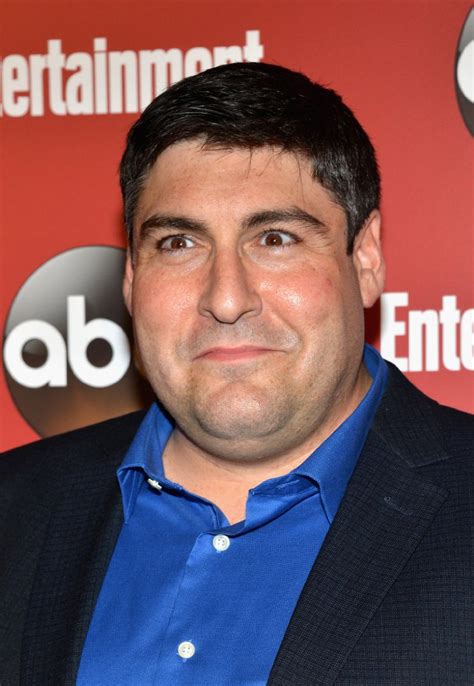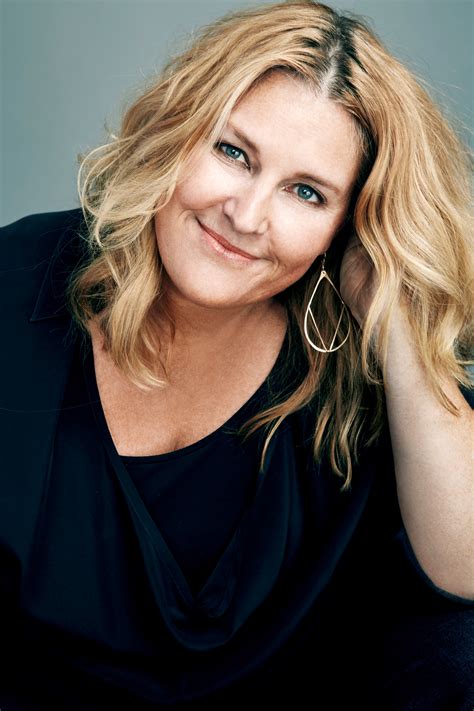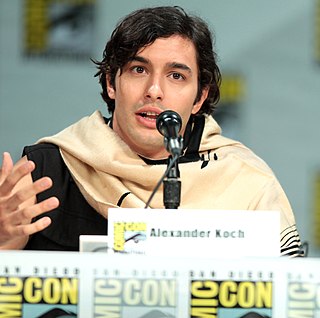A Quote by William Goldman
Stephen King is one of my all-time heroes, so, of course, the pressure never lets up. Every second, you hope he'll like it. I remember getting a call from him after he read my script for 'Hearts in Atlantis.' He liked it. Talk about relief.
Related Quotes
I think it was in sixth grade, though, when I picked up my first Stephen King book, which was 'It,' that knocked me over and terrified me for years. Then I never went back. I had to own every Stephen King book and read them at least three times. They would terrify me completely, but I couldn't stop. That became my preferred source of fiction.
I talk all the time about how much I read growing up and how much I love Stephen King and how he impacted my work from a genre perspective, but Pat Conroy wrote some of the most magnificent stories about characters who had to deal with dysfunctional families and try to find a place of honor in their own world and the pain of loss.
The first time I ever met Stephen King, he came up to me, and we went to shake hands, and he had, like, this fake rubber rat that he kind of, you know, shook at me. You know, and I said, 'No, this is a cliche - this can't be. Stephen King is trying to scare me with a fake rat?' It was just really weird.






































